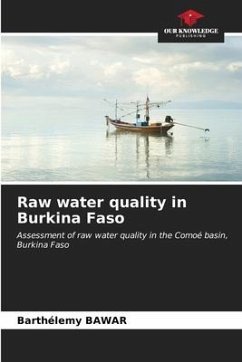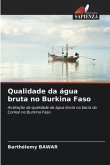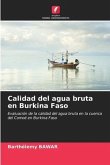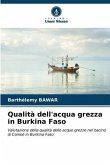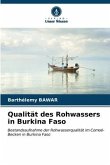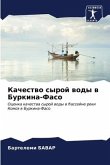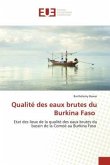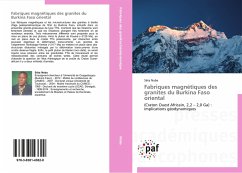This study of raw water quality in the Comoé basin follows on from those carried out in 2015 on the Nakanbé basin and 20172019 on the Mouhoun basin. The Comoé national basin in Burkina Faso covers an area of 17,620 km2 or 6.5% of the national territory. It straddles three administrative regions and five provinces: primarily the Cascades region (86.2% of the basin), with most of the Comoé and Léraba provinces; secondarily, the Hauts Bassins region (7.2% of the basin), with small portions of the Houet and Kénédougou provinces; and the Sud-Ouest region (6.6% of the basin), with a small portion of the Poni province. The presence of predominantly rural populations living from agriculture and livestock farming, with many processing industries, means that human pressure on natural resources, particularly water resources, is high. Examining the quality of these resources is important in order to ensure all uses of water resources and participate in the implementation of Integrated Water Resource Management.
Bitte wählen Sie Ihr Anliegen aus.
Rechnungen
Retourenschein anfordern
Bestellstatus
Storno

